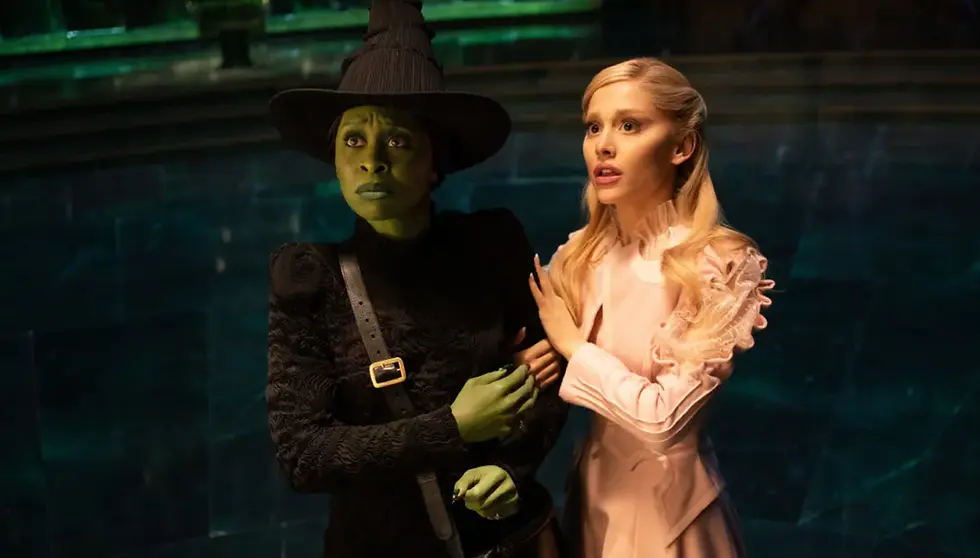Life of Pi - Wyndham's Theatre
- comaweng
- Dec 3, 2021
- 3 min read

Those familiar with the novel Life of Pi may – should they wish to indulge in the pleasure – have fun in spotting what elements of the book have made it into this theatrical adaptation, and what has been left out, or otherwise rearranged or changed in some way. But it is not necessary to have done any ‘homework’ beforehand: I hadn’t read the book or seen the motion picture prior to seeing the show, and I was able to follow proceedings, even if it did get rather philosophical and fantastical in parts.
The puppetry is believable, in that there are life-sized creatures that move in such a way as one might reasonably expect they would. This is not the stuff of a Walt Disney Company animation – some of the portrayals are more akin to an Attenborough documentary. Let’s just say not every animal makes it to the end. But then, not every human makes it to the end either, which is why what Pi (Hiran Abeysekera) has to say about the Tsimtsum, a Japanese ship that sank in the Pacific, so important, at least to a Mr Okamoto (David KS Tse), an official from the Ministry of Transport in Japan. Okamoto is attempting to establish what exactly happened, although Pi, a 17-year-old with a vivid imagination, makes narrative points that Okamoto is angrily dismissive of.
But what may come across as absurd makes sense in context, whatever context a member of the audience wishes to apply. For instance, when a tiger called Richard Parker, apparently a name given thanks to an administrative error that assigned the animal the name of his hunter, strikes up a conversation with Pi, does that happen as a part of a hallucination? An early discussion about God later results in a slightly amusing conversation at the local market between leaders of the local Catholic, Muslim and Hindu communities, who all claim Pi is one of their own. Pi’s inquisitive mind doesn’t understand why he must choose a religion, or indeed one at all, but he expresses thanks to supreme beings nonetheless whenever good fortune (or blessings, or karma, etc) comes his way. A saying of Homer Simpson came to mind: “Jesus, Allah, Buddha, I love you all!”
It’s clever writing, really, taking religion far more seriously than I could ever muster, being respectful without coming across as trying too hard, or patronising, or insensitive. In the end, what impresses most significantly is the stagecraft. A considerable part of the story takes place at sea, and yet the staging shifts seamlessly from the Pacific Ocean to a hospital bed in Mexico, where Pi is in recovery, and back again.
Lulu Chen (Kirsten Foster), from the Embassy of Canada in Mexico, plays good cop to Okamoto’s bad cop, and there’s an extraordinary combination of exhibitions of signs of post-traumatic stress disorder and witty ripostes from Pi. The result is harrowing, illuminating and amusing. The same could be said for the show as a whole. It’s not often that a show quite literally takes my breath away. The show is better seen from upstairs, compared to the front row of the stalls – the stage is both higher and larger than usual at the Wyndham’s.
Steadily paced, there are no weak links in the cast. The play does magnificently to present a complex, sophisticated and thoughtful story, and combine it with stunning staging, designs and effects. Full marks for this highly enjoyable production.
Five stars




Comments